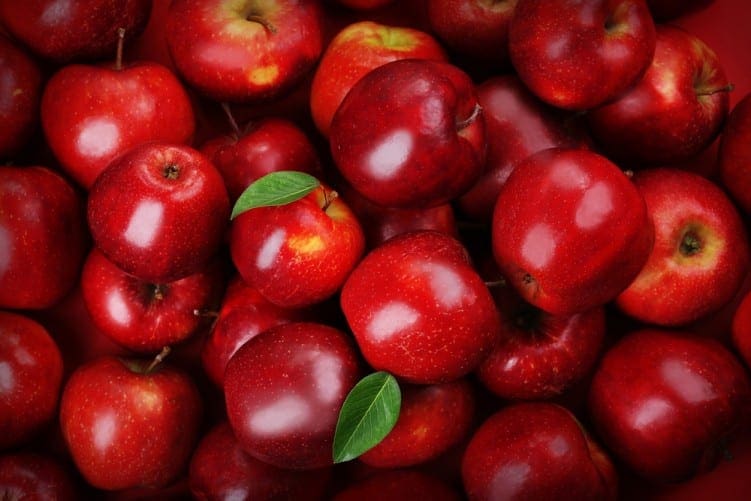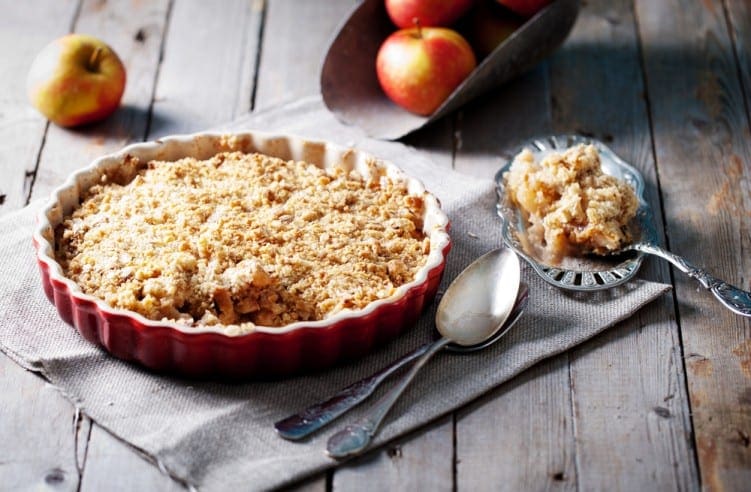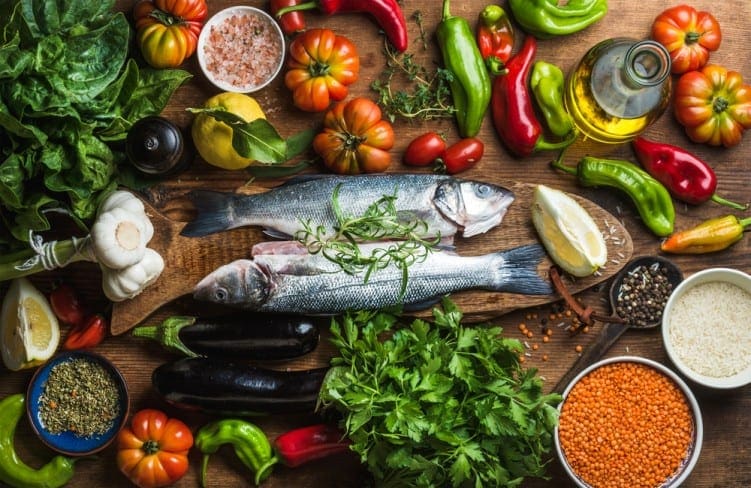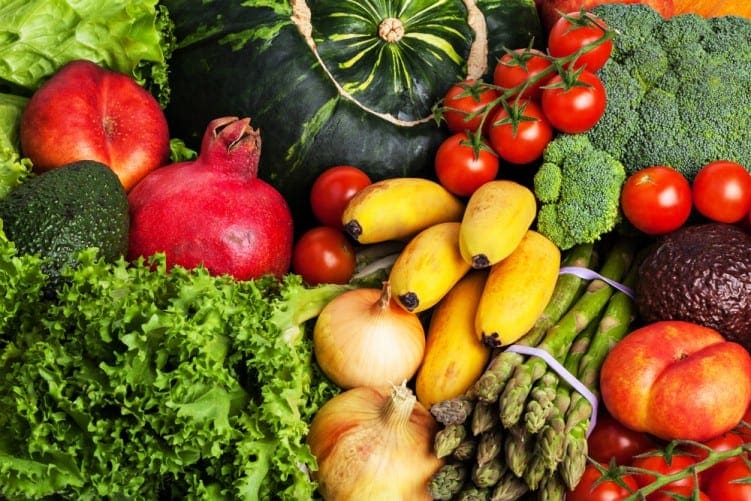“An apple a day keeps the doctor away” is an old proverb from Pembrokeshire that we are all familiar with. But does the rhyme have any value and can the humble apple really help us maintain perfect health?
Gala? Braeburn? Golden delicious? Red delicious? Fuji? Or the sturdy reliability of the Granny Smith? Whatever your favourite may be, there is no doubt that the apple is a well-loved staple of the modern British diet.
The quintessentially British fruit comes in all shapes, sizes and textures so there truly is something for everyone. From crunchy to soft, sweet to sour and green to red; there’s so much choice, and being known as the ‘forbidden fruit’ makes them even more tantalising – Eve didn’t get us into trouble for nothing.
What do we know about apples?
Apples are simply delicious handfuls of nutritious goodness. They’re naturally fat & sodium free, contain only naturally occurring sugars, are a high source of fibre, and contain a more than modest amount of Vitamin C.
What are the health benefits in consuming apples?
Full of fibre –
Apples are loaded with both soluble and insoluble fibre, with around 4 grams per apple and 12% of your RDA. These fibres include pectin – a strong source of soluble fibre which draws water from your digestive tract, forming a gel to help slow digestion. Pectins are also thought to help reduce the risk of heart disease and reduce bad cholesterol.
The pectins also make apples an agreeable food for people with diabetes, as they allow for the sugar to be released into the body more slowly helping to lower blood sugar levels.
High in antioxidants –
Apples contain 4 phytonutrients that function as antioxidants including Quercetin, phloridzin, catechin and chlorogenic acid. Studies have linked the consumption of these antioxidants with the reduced risk of some cancers, cardiovascular disease, asthma and diabetes (Boyer & Liu – 2004).
Help to maintain a healthy weight –
At around 65 calories per serving apples are an ideal snack to include as part of a balanced diet, and what’s more the high fibre content helps to keep you satiated for longer.
Top anti-inflammatory food –
Apples are seen as a top anti-inflammatory food and have been shown to lessen pain and inflammation through their polyphenol content. A recent study found that these polyphenols can even help to protect against muscle damage caused during exercise (Nakazato K, Ochi E, Waga T – 2010)
What are apples used for?
Snacking –
Eating an apple with a handful of nuts is a great high energy snack making it the perfect pre-workout food. Why not try your favourite apple sliced and spread with nut butter?
Cooking –
Warm apple crumble has to be one of the nation’s favourite comfort foods – indulge moderately!
Juicing –
Apples provide a suitable base for juices and naturally help to sweeten more bitter juices packed with vegetables. Just make sure you watch your intake of pure apple juice as this is usually high in sugar.
Making Cider –
According to Cider UK 45% of all apples grown in the UK are used to make cider with over two million new cider trees planted between 1995 and 2006. It’s also noted that the cider industry is valued at around 4.5 billion a year.
To help ripen other fruit –
Apples give off an ethylene gas which will speed up the ripening process of other produce.
How does the apple stack up against the ‘king’ fruits of other countries?
Other countries may argue the status of the apple as the King of the fruit; India has its mangoes, Brazil has the avocado and Indonesia has the durian but how do they stack up nutritionally.
Mangoes are similar in calories, have only slightly lower levels of dietary fibre, however, they blow apples out of the water when it comes to Vitamin C content, with a staggering 60% of your RDA coming from 100g of mango (but let’s not forget how expensive they are to buy and time consuming to prepare!)
The avocado is gaining popularity in the Western diet with its good source of healthy fats and low sugar content, however, avocados can be an acquired taste and don’t get us started on trying to find a ripe one!
Finally, the durian, known for its intensely pungent smell, this fruit is a bit like marmite: you either love it, or you hate it. If you can get over the smell the durian is high in Vitamin C making up 32% of your diet and is also high in potassium, however, it’s quite high in calories compared to the apple at 147kcal per 100g.
In conclusion
Apples are a well-rounded fruit with a good dose of nutritional benefits, they may not tick all the boxes but they travel easy, are cheap to buy, taste delicious, can be eaten as savoury and sweet and with over 7000 varieties in the world, there is an app(le) for everyone – besides Steve Jobs wouldn’t name his company after anything less than the King would he…
Is the apple the King of your fruit bowl or is there another contender to the throne?
To receive regular updates on over 50s health issues which are also relevant to all ages, why not follow us on Facebook.
You can also sign up to our free newsletter, The Best of Friends, here.












